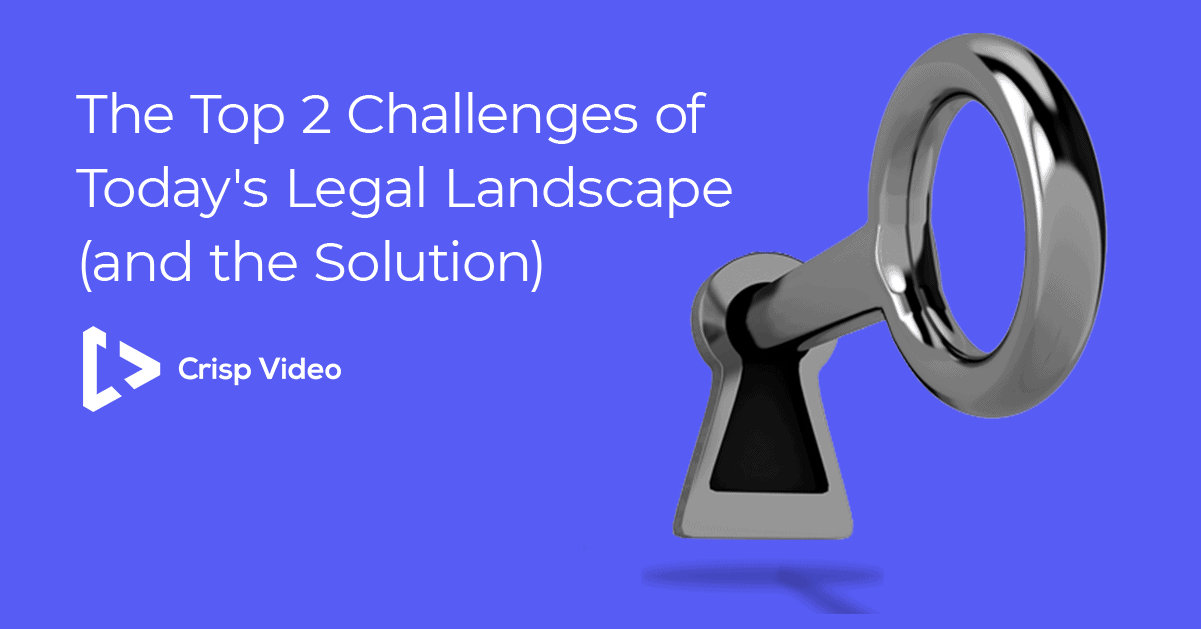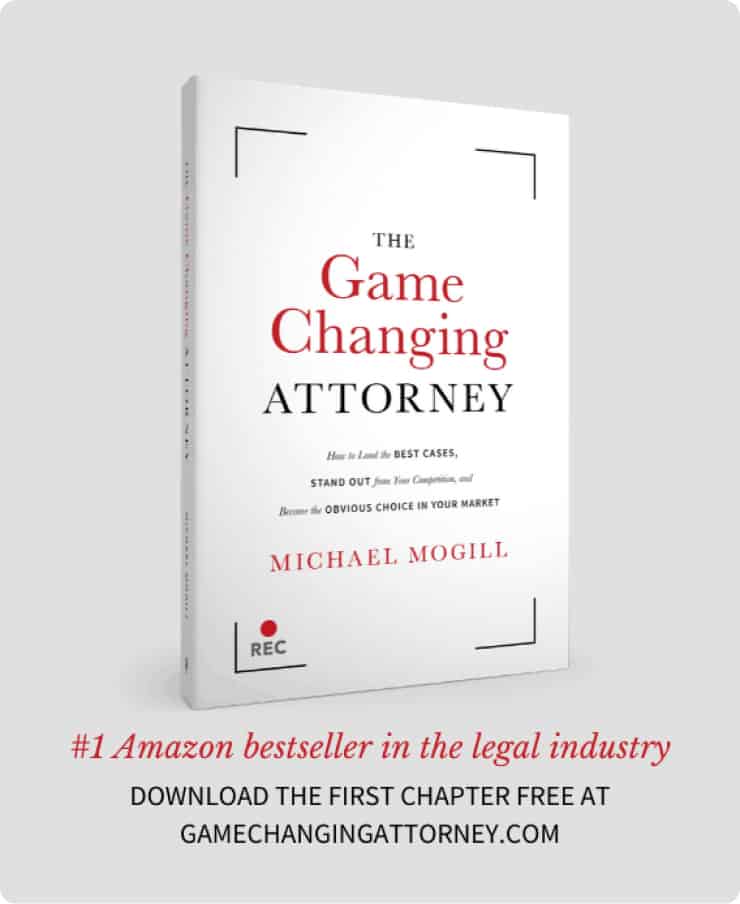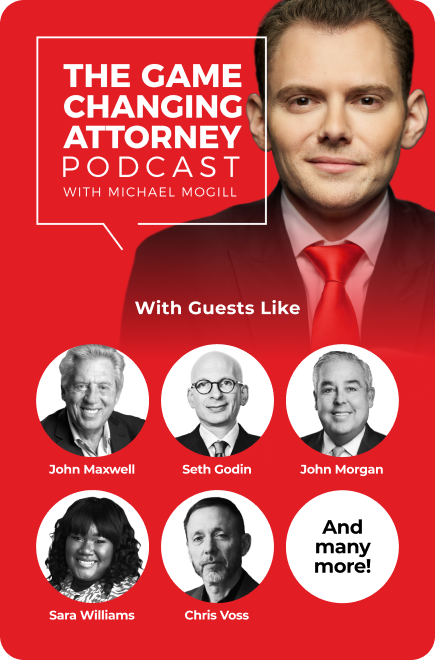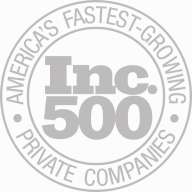The following is adapted from The Game Changing Attorney by Michael Mogill.
To get all Michael’s best guidance on defining your unique value proposition, communicating it through engaging video, and getting the most out of your law firm’s videos all in one comprehensive resource, check out The Game Changing Attorney. This is a book you’ll want to keep on your shelf to pull out every step of the way.
The modern attorney faces a reality far different from decades past.
In an internet-driven market, today’s lawyers have to be aware of terms like SEO, page rank, and backlinks. They have to understand how online directories like Avvo or Yelp work, how to use paid advertising with Google AdWords, and how to create an authentic social media presence. Over the past two decades, a vast digital marketplace has grown out of nothing, and many attorneys are still struggling to keep up.
Many lawyers understand this new reality just fine, considering that they have to deal with it every day. However, this change isn’t just about learning new marketing channels, but also overcoming the challenges of this new legal landscape.
In this article, we’ll look at the two big challenges today’s attorneys face, as well as the one strategy capable of overcoming both challenges and delivering real results.
Challenge #1: Attention Economics
The legal profession is more competitive than ever before. There are 1.3 million lawyers in the United States, or one lawyer for every 250 people. Even if you were only competing against other lawyers, differentiating yourself so that you could attract enough clients to sustain your business would still be a challenge.
But here’s the thing: you’re not just competing against other lawyers and their marketing.
You’re competing against every other piece of content fighting for consumers’ attention as well. Forget lawyers versus lawyers; it’s lawyers versus bakeries, donut shops, banks, and every other business that advertises.
Welcome to the world of attention economics, where businesses live and die by the attention resource cycle. Attention economics is the scarcity you face when you try to compete for attention while thousands of other entities try to do the same thing.
Here’s how it works: the more brands, companies, and even individual marketers fight for the average user’s attention, the scarcer that attention becomes.
The average person is inundated with marketing messages, from inboxes and billboards to newsfeeds and refrigerator magnets. To keep from feeling overwhelmed, they have no choice but to filter out the vast majority of messages from this endless barrage.
The more audiences tune out, the more conversion rates drop, resulting in fewer leads in the sales pipeline and ultimately fewer paying customers. Seeing this, businesses become eager to produce better results, so they repeat the cycle, churning out more marketing messages to capture or retain their small sliver of the attention pie.
Unfortunately, the audience retracts further, sales keep dropping, and the cycle repeats.
While it can feel hopeless getting caught in the attention resource cycle, those who recognize it find themselves with a tremendous opportunity. If everyone’s competing for attention using the same tactics, then the businesses that don’t play that game and instead work to differentiate themselves begin to create a market of their own.
Challenge #2: Commoditization
Another challenge lawyers face is commoditization, meaning consumers mistakenly think of businesses purely in transactional terms. Florists grow flowers, dentists work on teeth, and lawyers provide legal services. Nothing more, nothing less.
Such a mindset poses a problem for any industry. Take two competing airlines, Delta and Spirit. Both offer flights to the same location, leaving and arriving around the same time. Spirit, however, offers that flight for a third of the price that Delta does.
From a commodity mindset, a customer might fly with Spirit because it’s cheaper. As they soon discover, the only reason anyone would choose to fly Spirit is if they’ve never flown Spirit. Spirit may be a cheaper commodity, but it’s also a far inferior service.
I frequently have this same discussion with the law firms I work with. When they first come to us, I look at their online presence (website, social platforms, etc.) to get a sense of the current state of their brand. Many homepages feature welcome videos shot on smartphones. Even worse, the messaging is unclear or counterproductive.
“This is your brand,” I tell them. “This is your clients’ first perception of you. What message do you think you’re sending them with this video?”
To be clear, these are good firms with excellent attorneys who are passionate practitioners with moving personal stories and a proven track record of success. However, they compromised on their marketing, and their content only had one message for prospective clients: “We’re cheap.”
As soon as a potential client sees that, they’ll take their business elsewhere.
Or at least, the more discerning clients — the clients you want the most — will go elsewhere. Clients approaching you with a commodity mindset might stick around.
They can’t see, or aren’t interested in, the difference between a good attorney and a bad one. All they want are your legal services at the best possible rate.
Commoditization is a race to the bottom.
McDonald’s firms get McDonald’s clients. The law firm that offers the lowest prices will attract plenty of clients, just not good ones.
The Solution: Make It About Value
Despite this seemingly harsh reality, it’s easier to compete now than ever before. Before the internet, the barrier to entry was much greater. If your firm couldn’t afford a billboard or a TV commercial, you couldn’t compete with the firms that could. Today, you can.
But despite the rise of digital media, it’s still important to differentiate yourself as a great marketer compared to your poor marketer and average marketer counterparts.
Digital media levels the playing field and gives you a voice. You no longer have to break the bank to compete with the Goliaths of your market. Instead, you just have to identify your market, find your point of difference, and share your message.
Remember, people still need lawyers. People are still getting injured. Couples are still getting divorced. You could be the best in your market, but prospective clients still need to be able to find you. If a steady diet of TV and billboards isn’t cutting it anymore, then perhaps it’s time to admit you’re not immune to change and adapt your strategy.
If your market just sees you as offering a service, then they’re just going to shop around on price. They won’t be concerned about value, just the bottom line. They haven’t been trained to tell the difference between one lawyer and the next. They don’t know that the quality of a lawyer can greatly increase the success of their case.
Your job is to change the conversation.
Instead of making it about cost, make it about value. Then, learn how to communicate that value so you’re the obvious choice.
Fortunately, you’ve got plenty of communication channels to choose from — some traditional, and some digital. Both have their benefits, but ultimately, effective marketing doesn’t come down to platform. It comes down to quality, to giving your audience a reason to care.
If you don’t differentiate, you will stagnate.
To get Michael Mogill’s best guidance on defining your unique value proposition, communicating it through engaging video, and getting the most out of your law firm’s videos all in one comprehensive resource, check out The Game Changing Attorney. This is a book you’ll want to keep on your shelf to pull out every step of the way.
